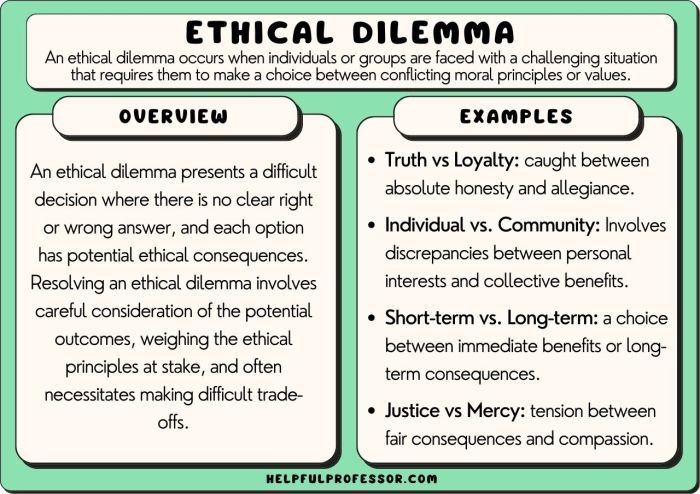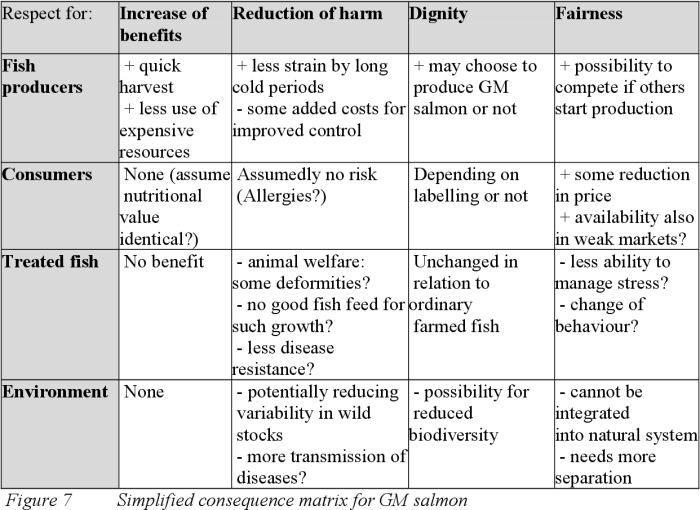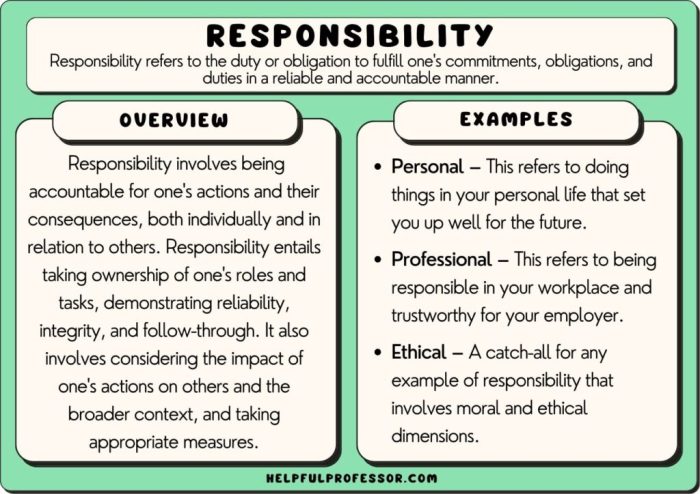Describe your ethical obligations pertaining to appraisers. – As Ethical Obligations for Appraisers takes center stage, this opening passage beckons readers with authoritative prose into a world crafted with expertise, ensuring a reading experience that is both absorbing and distinctly original.
In the realm of appraising, ethical conduct stands as a cornerstone, guiding professionals towards impartial judgments, transparent disclosures, and unwavering confidentiality. This comprehensive guide delves into the intricacies of these obligations, exploring their significance, potential consequences, and best practices for maintaining the highest standards of ethical behavior.
1. Introduction
Ethical obligations in appraising refer to the moral and professional responsibilities that appraisers must adhere to in the course of their work. Ethical behavior is paramount in appraising as it ensures the accuracy, fairness, and integrity of the appraisal process.
2. Specific Ethical Obligations

2.1 Impartiality and Unbiasedness
Appraisers have an obligation to be impartial and unbiased in their appraisals. This means that they must not allow personal biases, conflicts of interest, or external pressures to influence their judgments.
2.2 Disclosure of Conflicts of Interest
Appraisers must disclose any potential conflicts of interest that could impair their objectivity. This includes relationships with the parties involved in the appraisal, financial interests, or other factors that could influence their judgment.
2.3 Confidentiality
Appraisers have an obligation to maintain the confidentiality of the information they obtain during the appraisal process. This includes both the data used in the appraisal and the results of the appraisal.
3. Consequences of Unethical Behavior: Describe Your Ethical Obligations Pertaining To Appraisers.

3.1 Legal Consequences
Unethical behavior in appraising can have serious legal consequences. Appraisers may face civil lawsuits, criminal charges, or loss of their license if they engage in unethical practices.
3.2 Financial Consequences
Unethical behavior can also have significant financial consequences for appraisers. They may lose clients, face fines, or be required to pay damages if they are found to have acted unethically.
3.3 Reputational Consequences
Unethical behavior can also damage an appraiser’s reputation. Appraisers who are known to have acted unethically may find it difficult to obtain clients or maintain their professional standing.
4. Best Practices for Ethical Appraising

4.1 Impartiality and Objectivity
To maintain impartiality and objectivity, appraisers should:
- Avoid personal relationships with the parties involved in the appraisal.
- Be aware of their own biases and take steps to minimize their impact on the appraisal.
- Consider all relevant data and evidence before forming an opinion.
4.2 Avoiding Conflicts of Interest
To avoid conflicts of interest, appraisers should:
- Disclose any potential conflicts of interest to the parties involved in the appraisal.
- Recuse themselves from appraisals where they have a conflict of interest.
- Be transparent about their fees and other compensation.
4.3 Ensuring Confidentiality, Describe your ethical obligations pertaining to appraisers.
To ensure confidentiality, appraisers should:
- Only share appraisal information with authorized parties.
- Securely store appraisal records.
- Destroy appraisal records once they are no longer needed.
Question Bank
What are the key ethical obligations for appraisers?
Impartiality, disclosure of conflicts of interest, and maintenance of confidentiality are fundamental ethical obligations for appraisers.
What are the potential consequences of unethical appraising?
Unethical behavior can lead to legal consequences, financial penalties, and damage to reputation.
How can appraisers ensure impartiality and objectivity?
Appraisers can maintain impartiality by avoiding personal biases, conducting thorough research, and seeking external review when necessary.